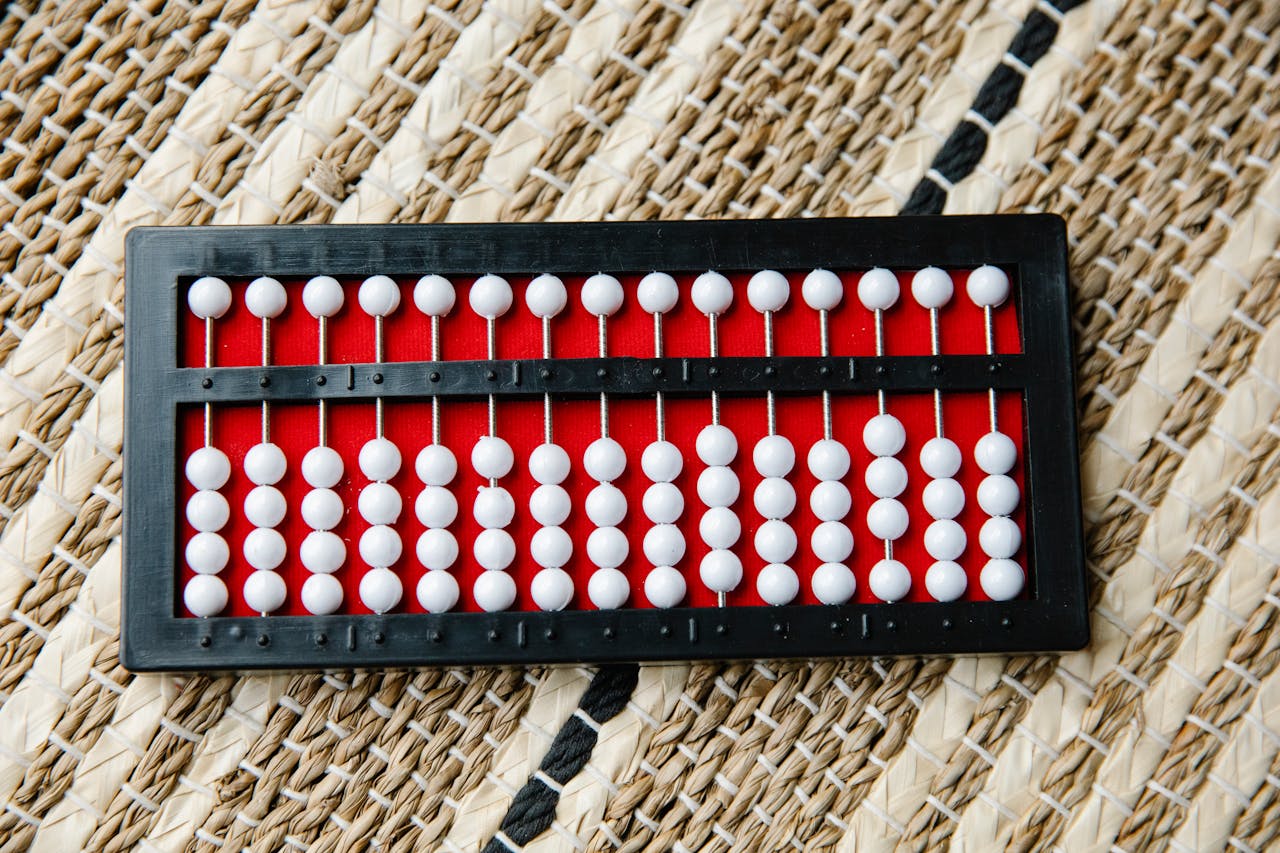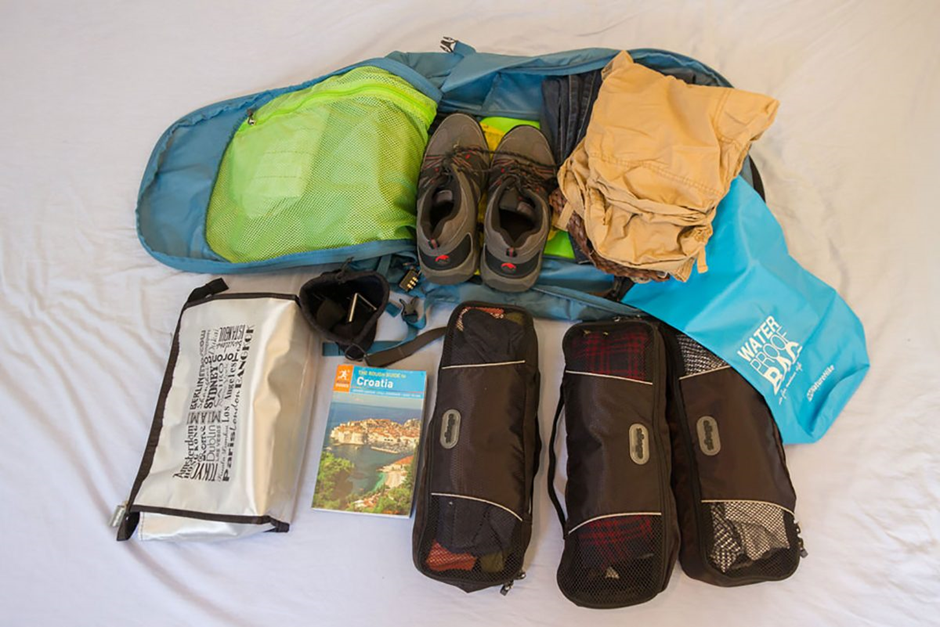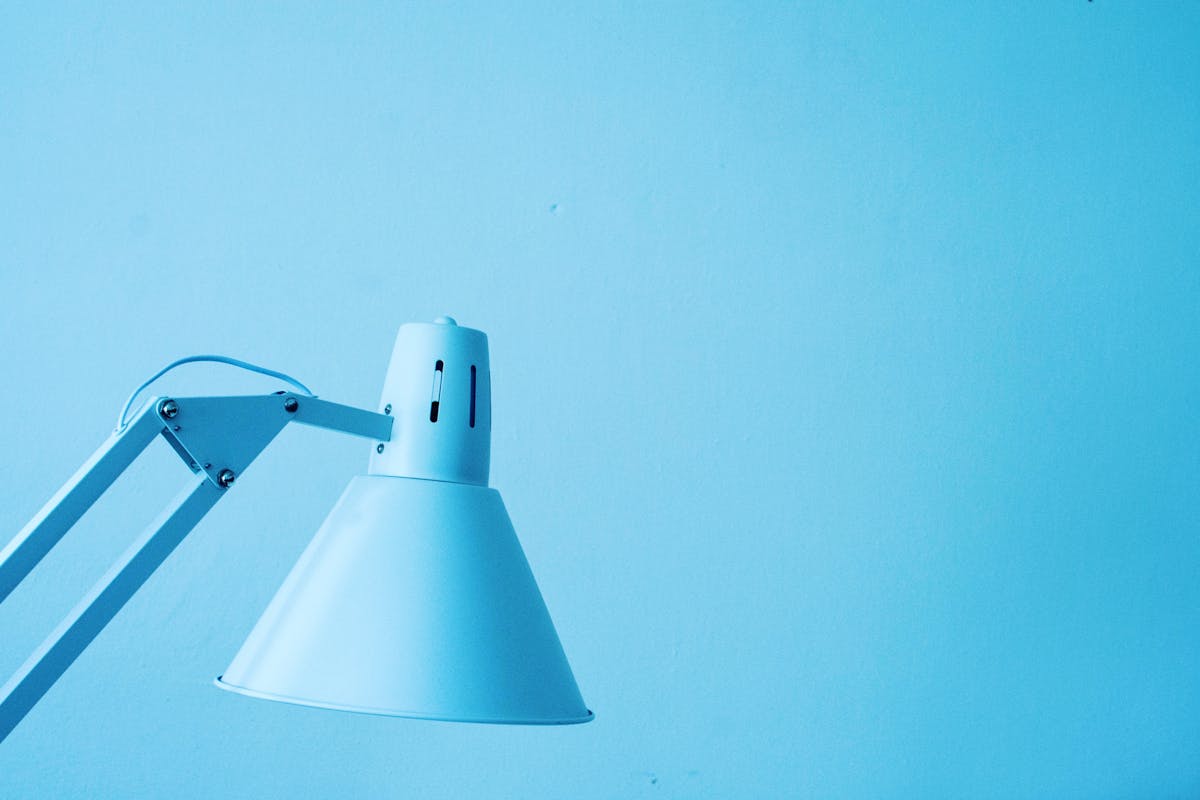Bagaimana acuan, begitulah kuihnya
I’d like to believe that I was moulded to be linguistically inclined, just like those who raised me, which unfortunately also meant that I met maths with much dread, apprehension, and anxiety. In primary school, I couldn’t see the need for double-digit multiplication. As a cerebral palsy patient, due to a traumatic birth process, this anxiety tends to be up to tenfold and lean towards the negative side of the spectrum, due to how a cerebral palsy patient’s muscles are often stiff and weak. Although, at times, anxiety can be motivating, as pointed out in research. Having some anxiety can actually be good, as long as it is not persistent or does not interfere with your normal routine. In countries such as Japan, Macao, Taiwan and Hong Kong, there is high maths anxiety which translates to high performing students and high maths performance overall (OECD, 2023, cited in Kirkland & Hunt, 2025). But of course, in these countries, they are generally more research-focused/trade-focused and tend to have a better quality of life and socio-economic status (compared to others in Asia), which somehow also translates to consistency in academic performance and excellence. On the other side of the globe, Hungary, Finland and Netherlands, had the lowest maths anxiety (OECD, 2023, cited in Kirkland & Hunt, 2025) possibly due to a much better balance between academics and sports as well as smaller class sizes, with all three countries having up to 30 students at primary level and Hungary having the max of 35 students per class at secondary level. With the recent release of the Sijil Pelajaran Malaysia results, you’ll notice two patterns: one where congratulatory messages come for you, if you’ve achieved your goal, usually straight As, and the other where it’s: try harder in life. Then again, straight A’s all your school life, doesn’t necessarily mean that you’ll shine later on professionally. I’ll save that for another day.
I have always looked at Maths with a certain dislike, no thanks to most who taught in the SK/SMK system I had the opportunity to experience. Even when the need arises, I will try not to engage in anything numerical, mathematical or even word problems. As a result, while others rejoiced over their grades, I was led to believe that I was not good enough, even if my results were not too bad. Luckily, one teacher, with whom a private arrangement was made, managed to up my grades to a B from a C at the then-PMR level. Even if it was not an A, it was still a step above my previous.
Post-PMR, the frustration continued because Maths remains a core subject in school throughout your school years. Unfortunately, even when I left for a private school (offering the SPM syllabus) because I thought my fullest potential wasn’t realised back then, my anxiety grew, understandably because I had a foundation that’s shaky. This resulted in me deliberately skipping my Maths homework at one point simply because that chapter made zero sense to me. In turn, because I was in one of the Science classes (only because the Humanities/Arts students seemed playful), I started to also be turned off by Biology and even Prinsip Perakaunan. Yes, I was always envious of those who could balance their imbangan duga. Nope, please don’t even remind me of Additional Mathematics – I ended up dropping it in place of something else because I knew that even a B was impossible.
Malaysia’s education system, while slowly moving away from what it was, has been largely about penghafalan, often without pemahaman. This can lead to dangerous situations where responses are produced just because someone said so. If it requires justification, especially at the international level, then those presenting at an international level are going to mampus.
In learning, you rely on your working memory, apart from your long-term memory. Your working memory can be likened to your mental Post-it Notes. To paraphrase Kirkland and Hunt (2025), it is clinging onto handy/key pieces of information that allow you to complete tasks or solve problems. Taking this into consideration, for some strange reason, my working memory works excellently for something like Pendidikan Moral but hardly for mathematics and the sciences, even if I briefly studied Maths and Science in English when the PPSMI was implemented in 2003, with my batch being the first. Hey, even if it’s in English, it doesn’t mean it's any easier, okay?
Pre-university statistics is a requirement, like it or not, regardless of whatever choice of subjects. The fact that I was surrounded by Indonesian-Chinese students who consistently scored 90% and above meant that the pressure was there, yet again. Thankfully, the Canadian system prides itself in being 70% coursework-based so I didn’t flunk Statistics at the Ontario Secondary School Diploma (OSSD) level.
Needless to say, I ended up doing something that played to my strengths. I can comfortably do double-digit multiplication now, but that’s about it. Yes, I still had to do my research and deal with lots of statistics, some pie charts and graphs under the Australian system of undergraduate research. I just needed extra time. Probably the only maths that I use in my daily life now are cooking measurements and reading food labels, not that I’m a food scientist or nutritionist.
Fast forward to 2025, there is a growing number of maths therapy centres in Malaysia. The concept is borrowed from abroad, so it is not new. Based on the video shared by the Malaysian influencer Ceddy Ang, the centre will run diagnostic tests to evaluate your current situation as well as determine whether there are any other factors such as learning difficulties that hinder your progress in Maths. If there is, other specialists and/or therapists may be requested to help and perhaps quicken the progress in Maths. As is the case with Maths, some do struggle with basic questions, but do way better when given complex equations or tricky maths problems (Kirkland & Hunt, 2025).
Another factor that differentiates maths therapy centres from the typical tuition centre is that these places are for kids as early as four years of age up to even 19 years old, so even if you’re in your late teens, you will definitely feel included. But that of course also depends on the syllabus you’re taking – whether it’s the SPM or the IGCSE, because it’s not uncommon for students to also switch syllabi after attempting one.
Options for the types of classes – they can be one-to-one or small groups and can be conducted vis distance, online, leveraging on cloud storage, meaning learning materials and reports can be accessed anywhere - provided learners and parents have the appropriate login details and a stable Internet connection. No worries if you still prefer the in-person classes. Learners can proceed to the therapy centre where you’ll be furnished with the similar materials and reports.
Just like the counselors we have for anxiety in the general sense, there will be those to talk to/counsel you from a maths perspective. So hopefully, you’ll go through less of what I went through as a child, teen and even adult.
Note: The author is a product of different types of schools for primary and secondary levels. She had the privilege of tasting a number of foreign education systems (Canadian and Australian), thanks to joint-venture agreements and partnerships between the Malaysian government and a Malaysian property developer to establish their presence by either offering their pre-university programmes at an existing address or building an entirely new foreign branch campus in Malaysia.
Source:
Kirland, H. & Hunt, T. (2025). Maths Anxiety: Solving the Equation. Taylor & Francis.









Showing 0 comments